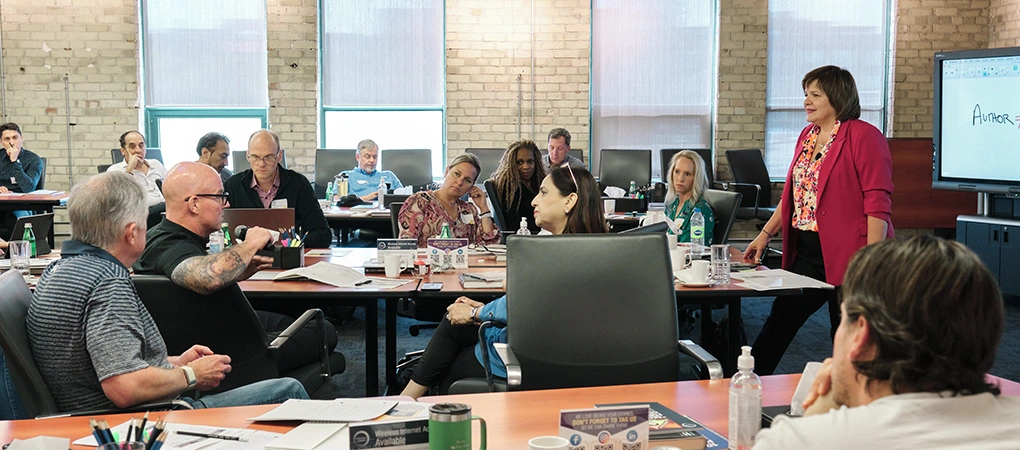The Four Best Practices For Strengthening Teamwork
Shannon Waller

Let’s talk about trust.
There are hundreds of different approaches to strengthening teamwork. But before you consider those strategies, have you asked yourself whether your team trusts you and whether you trust your team? Do they trust one another?
In Patrick Lencioni’s book The Five Dysfunctions of a Team, he defines trust as the willingness to be vulnerable and to put yourself at risk. He believes that without trust at the core of your company, communication, collaboration, and growth can be completely thwarted.
I’ve always held trust as one of my primary values. But it’s also one of the most important business strategies I know. When you have an environment of trust and honesty, people are more compelled to connect with you on a deeper level.
Here’s how to make sure you’re always strengthening the level of trust within your team:
- Listen. Being a good listener is crucial in a trusting relationship. This means recognizing that you don’t have all the information and acknowledging that others have valid points that contribute to the bottom line. Always be open and willing to learn from others. Make a point of asking questions you don’t know the answer to, and show your interest by listening quietly. Setting up this two-way exchange can raise the level of your communication.
- Be aware of body language. Our ability to pick up on body language impacts how comfortable we feel around others. Movements like crossing your arms, averting your eyes, or looking at your watch can come off as passive aggressive and convey that what someone else is saying is of little importance.
- Be authentic. It’s far more important to be honest than it is to be perfect. People appreciate sincerity and knowing they can count on you. Being yourself, even when you’re not your best self, is much more admirable than putting on a façade of perfection.
- Respect opinions and confidentiality. There are things we’re privileged to know about other people. If you’re not sure whether someone would want something shared—ask them. It’s a terrible feeling to share something in confidence only to find out someone you had no intention of telling is now repeating it. It forms trust when you respect people’s confidences and will encourage them to respect yours.
Building trust with your team is about getting to know people as individuals. And if you’re like me and focused on results, tasks, and goals, it’s easy to give people the impression they’re just cogs in the wheel. This is why it’s important to emphasize the “people” side of business. Everyone’s talents and capabilities contribute to the end result. Get to know your team on a personal level and make sure they’re always treated as people—not things. When we feel known as people, we trust a lot more, which is crucial to the success of any company.







